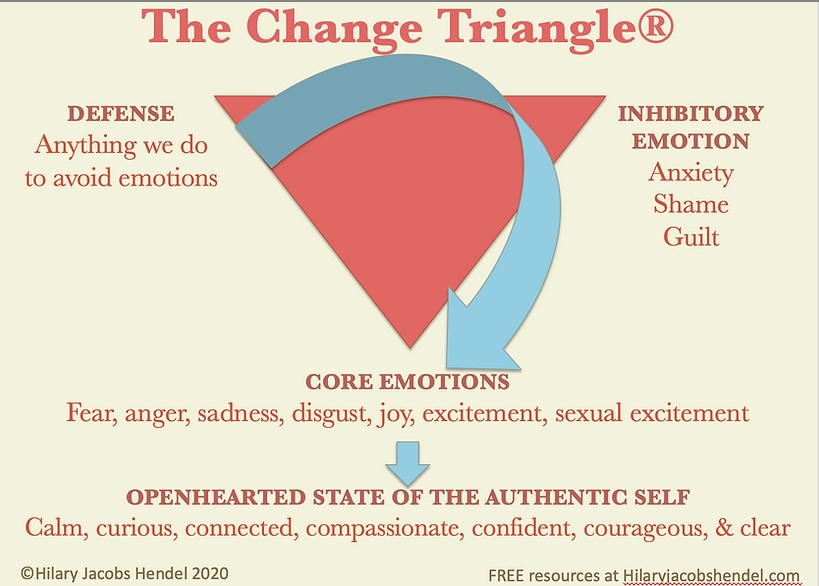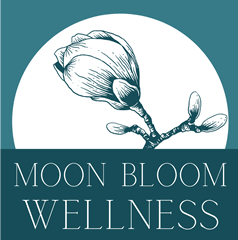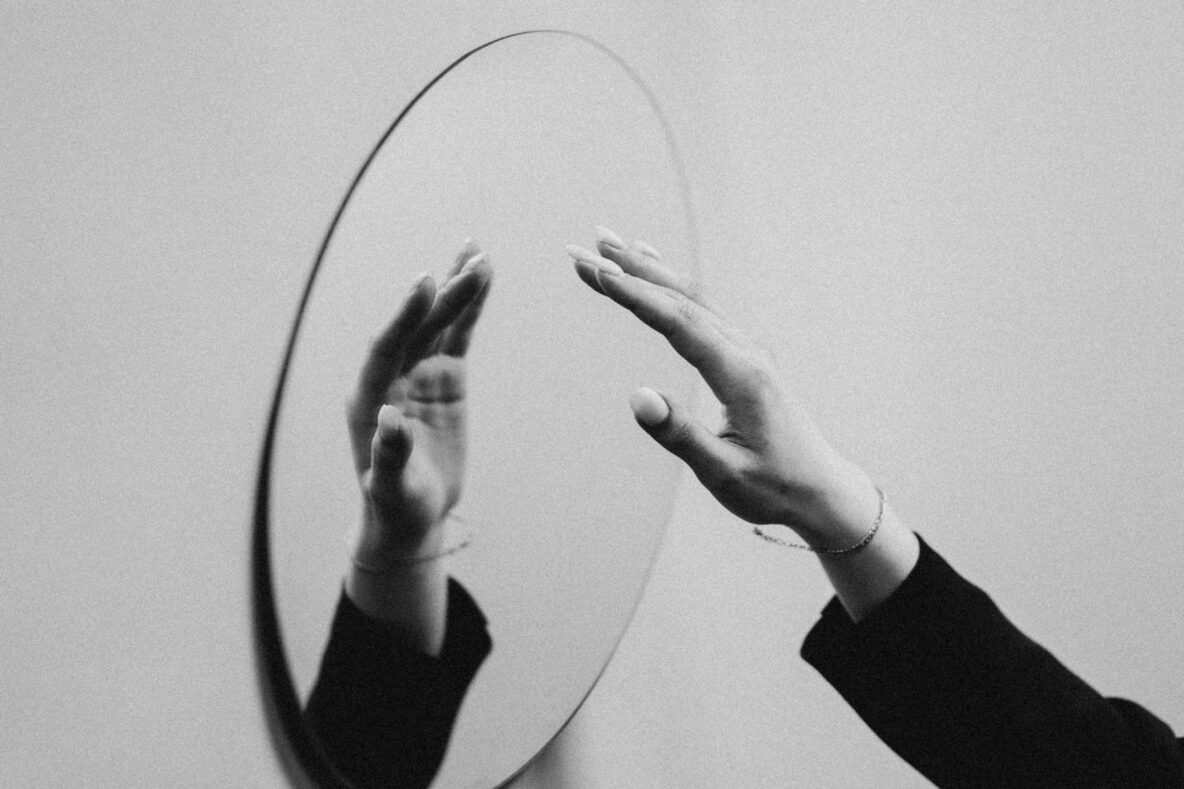We tend to focus externally to identify the source of our suffering. We ask questions like: Is it my job? Is it my relationship? My friendships? My family? My hobbies? My self-care routine? We can spend days, weeks, months barking up these trees. It is important to assess these areas of our lives, but too often it can result in a short-lived boost, then we are back to the drawing board.
One of the reasons I was pulled to become a therapist is that I am deeply invested in personal growth, and I love to help other people grow. Recently, while I was going down a rabbit hole, wondering about someone in my life that I so expertly label as “emotionally unavailable,” it dawned on me.
I’ve been emotionally unavailable. To myself.
I hopped on the phone and told my close friend, also a therapist, my insight. She was taken aback, “you?” In her response, I sensed her confusion. I often discuss my thoughts and feelings. I’m too focused on them sometimes, actually. How could I be emotionally unavailable to myself?
If you are in a relationship with an emotionally unavailable partner, instead of pointing your finger, look in the mirror.
While it’s helpful to be able to identify destructive behavior patterns in relationships, many of us are prone to pick out what our partner’s doing wrong rather than check in with ourselves. We must check in with ourselves, otherwise we keep applying the bandage of an external solution to a deep internal wound.
Manage your mental health symptoms through Online Counseling in New Jersey
Do you want to improve your mental health? Contact me to learn more about working together through online counseling in New Jersey.
I now also offer online counseling in Pennsylvania, contact me to learn more.
Do you find yourself stuck in periods of intense anxiety or depression, using unhelpful coping mechanisms, obsessing, or avoiding? The list goes on and on. Hilary Jacobs Hendel uses the Change Triangle1 to frame our emotional experience:

I love this framework because it so accurately illustrates the movement between emotional states. It had been hard for me to recognize that I was emotionally unavailable to myself because I have such STRONG emotions. Many people are like this, and because we are feeling things and talking about it, it’s easy to equate that to emotional connectedness. There’s another layer we often aren’t accessing.
In my work with clients, and in myself, I’ve seen the endless ping-ponging between defensive and inhibitory emotions. It’s exhausting, and it prevents us from going deeper into ourselves. We might avoid our core emotions, or simply not know they are there.
Our relationship with ourselves is no different than other relationships, it requires consistent effort, attention, honesty, and communication. And like other relationships, we often develop our pattern of relating to our emotions based on our experiences growing up. Some factors that inform our relationship with our emotions include:
-The way we observed caregivers handling their own emotions
-Whether our emotions were treated as important
-If we had a stable, safe environment to express ourselves in
Accessing core emotions requires going into the body and experiencing them. It can be scary to do that, and it can also be a confusing concept for those of us that feel firmly rooted in our head. One way you can start to improve your relationship with yourself are to set aside time each day to reflect on your experience – mind and body. You might do this through journaling, meditation, exercises like body scans or progressive muscle relaxation. If you aren’t sure where to start, you can connect with a therapist to help guide you on your journey to reconnecting with yourself.

Sarah Tronco, LCSW, provides online counseling in New Jersey and works to develop a strong therapeutic relationship with her clients, which helps to create a secure place where individuals can achieve meaningful change.
Sarah Tronco, LCSW, now also provides online counseling in Pennsylvania, contact her to learn more.
References:
https://www.hilaryjacobshendel.com/what-is-the-change-triangle-c18dd
Featured Photo by Михаил Секацкий on Unsplash
Photo by Giulia Bertelli on Unsplash

